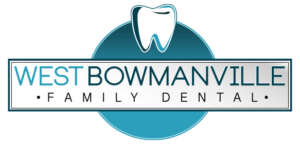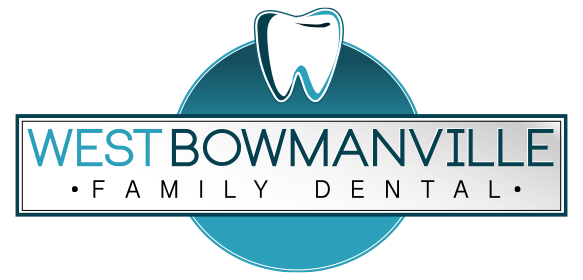Your jaw joints are called temporomandibular joints and hinge your lower jaw to your skull. They let you move your jaw comfortably, so you can bite, chew, talk, laugh and yawn without pain. Sometimes the jaw and facial muscles can become painful and inflamed. This is a condition called temporomandibular joint disorder or TMD.
What Are the Signs of Temporomandibular Joint Disorder?
The most common of the most common symptom is pain or tenderness affecting your jaw joints, your face, and the discomfort can spread to your neck and shoulders or even your ears. When your jaw joints are inflamed, it can become awkward to open your mouth fully. When you try to open and close your mouth, you may notice your jaw joint makes a clicking or popping sound that could feel painful. It may feel like your upper and lower teeth don’t fit together correctly, making it uncomfortable to bite and chew food. Your face may feel tired. Other symptoms of TMD include toothache, having a headache or neck ache, and it can cause tinnitus, where you have ringing in your ears.
What Can Cause TMD?
If you injure your jaw joints or the muscles in your head and neck area, it can lead to this problem. TMD can develop if your jaw joints become arthritic. However, one common cause is clenching and grinding your teeth, called bruxism, which places your jaw joints and teeth and gums under tremendous pressure. Another common cause is stress. When you feel stressed, you are more likely to clench your teeth.
How We Can Help
If you have noticed your jaw joints feel painful, our dentist in Newcastle can help you. We can gently assess your jaw joints for signs of pain and tenderness and will check the movement of your lower jaw. We can also look at your bite and your general dental health. If bruxism is the cause, it can often result in teeth becoming chipped and worn and more sensitive, and this condition can also cause gum recession. If needed, our dentist might want to take dental x-rays to view your temporomandibular joints in greater detail and to see if there are signs of inflammation and wear and tear around the joint.
Treating Jaw Joint Pain
The treatment prescribed for TMD depends on its cause, and we may liaise closely with other specialists to provide the best treatment outcome. For example, seeing a chiropractor or having massage therapy can help relieve tenderness and inflammation in the jaw joints. You may need to see a doctor for pain medication that may be injected into the facial muscles to provide relief. Another option that may be useful is muscle relaxants, and especially if you clench or grind your teeth. If stress is causing the problem, antianxiety medication or other treatments may be helpful.
If your bite causes the issue, you may need dental treatment to correct this. Teeth that are significantly out of position and place stress on the jaw joints may need to be brought back into line with restorative dentistry such as crown and bridgework and dental fillings or orthodontic treatment in Clarington. Sometimes a nightguard or night splint can help, and especially if you have bruxism in Courtice.
Our dentist here at West Bowmanville Family Dental can provide a custom-made dental appliance that will usually fit over your upper teeth, preventing contact with your lower teeth so you can no longer clench and grind. You wear the appliance during sleep, and it can also help place your jaw in a more restful position, relieving joint pain.
2378 Highway #2 (Home Depot Plaza), Bowmanville, Ontario, L1C 6C7, Canada

